
The Chinese Revolution
Author: Paul Hesse
Subscribed: 67Played: 1,269Description
The history of 19th century and 20th century China, leading up to the Chinese Revolutions, the Republic of China and then the People's Republic of China.
This podcast was inspired by Mike Duncan's Revolutions. This podcast follows him by telling the stories leading to the Chinese Revolutions.
The episodes cover the Opium Wars, Taiping Rebellion, foreign treaties and concessions bringing trade and Christianity to China, the Boxer Rebellion, China's 1911 Revolution, the Warlord Period, the KMT and the rise of the Communist Party of China. The Chinese United Fronts are discussed. Personalities like the Empress Dowager Cixi, the Qing emperors, Earl Li Hongzhang, Kang Youwei, Sun Yat-sen, Yuan Shikai, Wu Peifu, Wang Jingwei, Chiang Kai-shek, Zhou Enlai, Zhu De and Mao Zedong are featured. The experiences of Chinese working overseas, including in Australia, Canada, Malaysia, South Africa and the United States of America are also brought to life. We have looked at stories from the late Qing Dynasty. Now we are looking at the stories of the Republic of China, the Communist International (Comintern)'s interest in exporting world revolution to China and the United Fronts, including the Second Sino-Japanese War.
For more information, sources and content see: https://chineserevolution.substack.com
Or enjoy The Chinese Revolution YouTube channel: https://www.youtube.com/channel/UCCOjBYMNC_3xjQXKv6ab9YA?sub_confirmation=1
The Chinese Revolution podcast has charted as a top history podcast in Argentina, Australia, Belgium, Canada, France, Ghana, Great Britain, Hungary, Hong Kong, Hungary, India, Indonesia, Japan, Malaysia, Norway, Poland, Singapore, Slovenia, South Africa, Sweden, Vietnam and Zimbabwe.
The Chinese Revolution podcast has been listened to in over 120 countries.
You can support this show through Buy me a coffee. https://www.buymeacoffee.com/thechineserevolution
Hosted on Acast. See acast.com/privacy for more information.


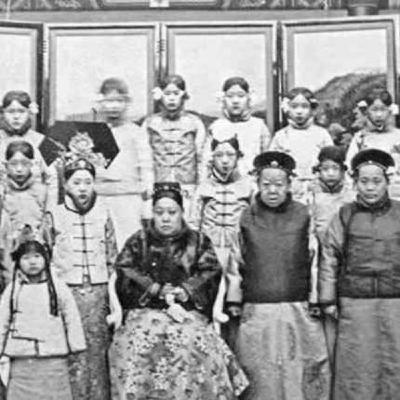


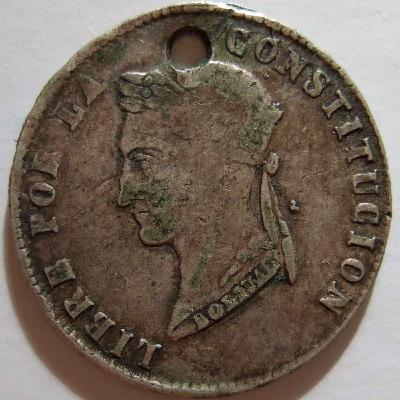
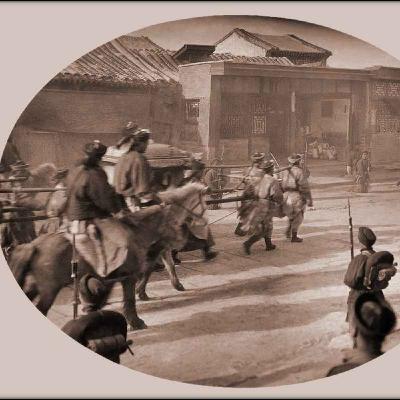
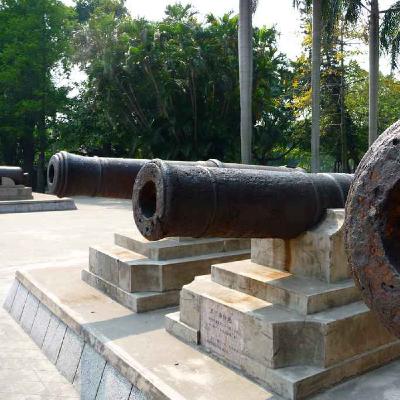
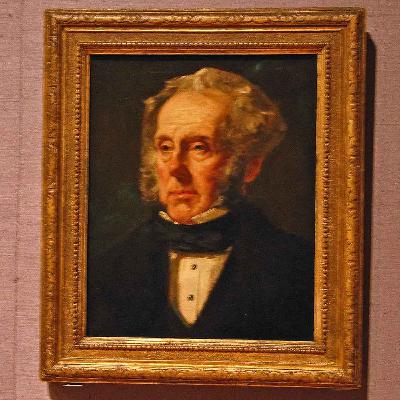
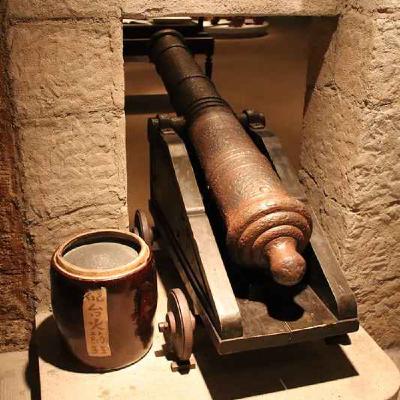
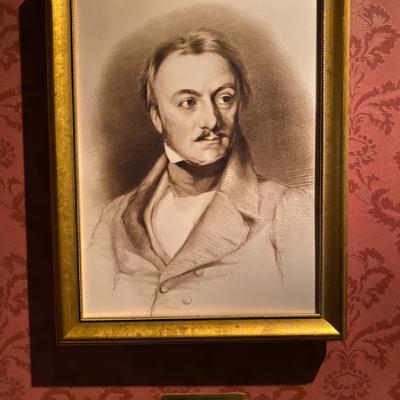
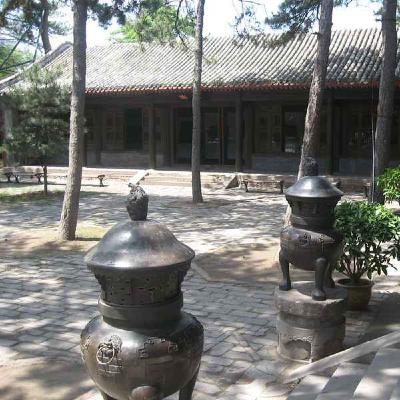
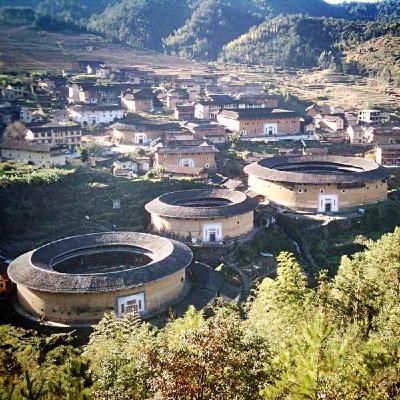

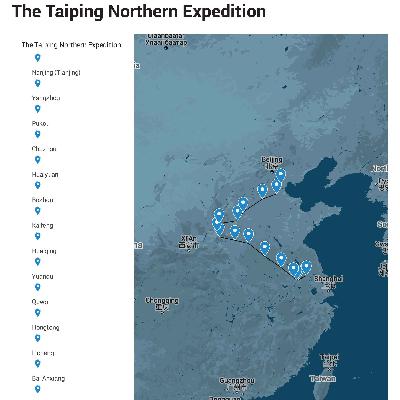

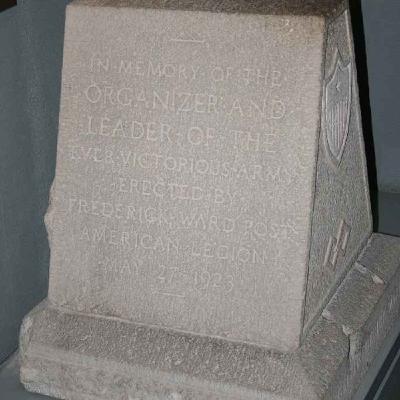


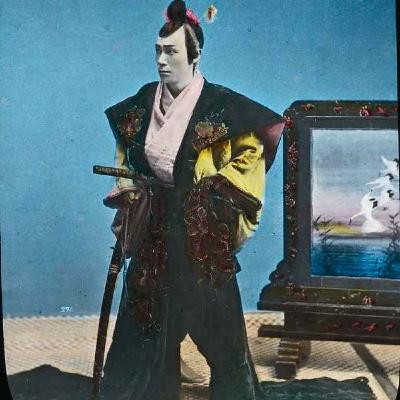
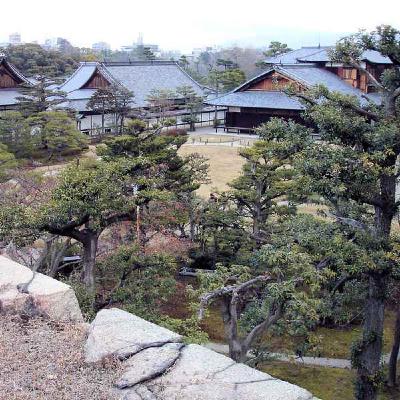
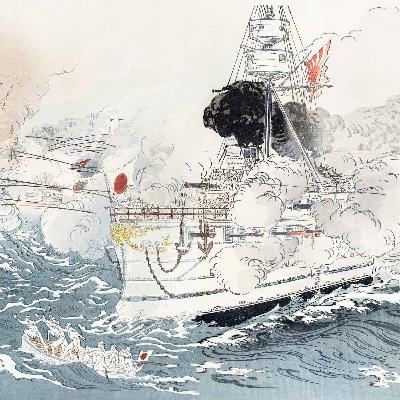



Your presentation style it's a very satisfying vibe and makes sense to anyone interested in learning and understanding the long history of Chinese civilization various aspects of their social and political history, I think you guys deserve a global recognition Lastly I suggest if you can host Chinese historians and academic scholars and experts from each field of each episodes subject to allow us a different prospects and view to their own history and the events during early Chinese history.